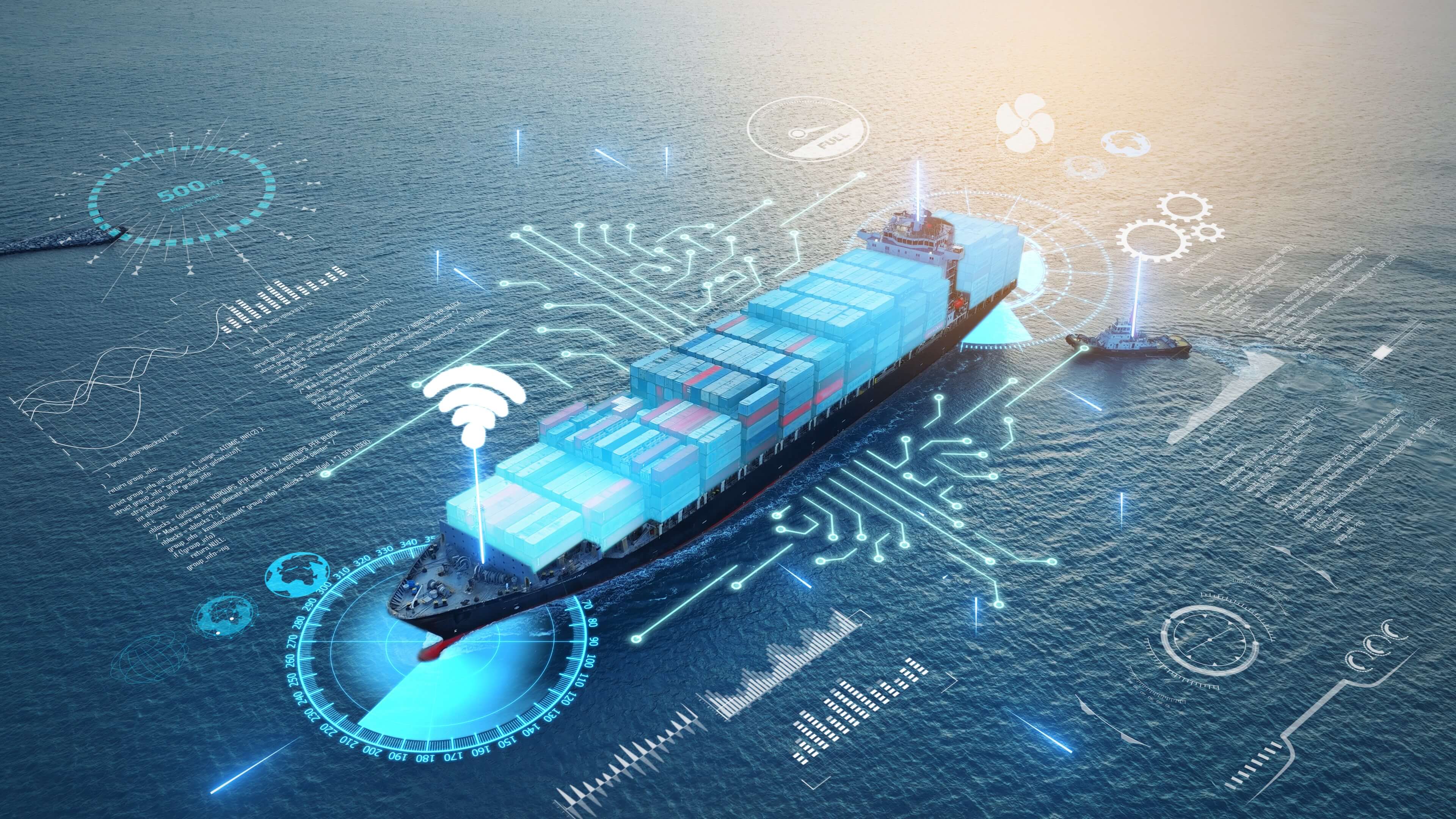Democratizing Digital: Maritime SMEs Need Accessible Tools

When the maritime industry talks about digital transformation, the spotlight almost always falls on the biggest players. Large ship managers, technology providers and major fleets dominate the discussion, creating the impression that innovation belongs to those with the deepest pockets. Yet the real strength of this industry lies elsewhere, in the thousands of smaller companies that keep global shipping running every day.
These small and medium-sized enterprises are not resistant to change. They are ready for it. What has held them back is access. The tools that promise efficiency and visibility have long been priced and designed for corporations, not for the family-run crewing agency or regional technical service provider trying to stay competitive.
That imbalance has shaped the digital divide we see today. For every organization with a full data dashboard and in-house digital team, there are dozens still managing operations through email chains, Excel sheets and memory. They get the job done, often remarkably well, but the cost is time, agility and sometimes opportunity.
Levelling this playing field is now essential. When smaller companies can access affordable, smart and easy-to-use technology, the benefits reach far beyond their own operations. They collaborate better, attract stronger talent and can contribute meaningfully to the sector’s wider goals, from safety to decarbonization.
The shift is beginning to happen. We are finally seeing tools built with SMEs in mind - intelligent platforms that combine recruitment, learning, communication and performance tracking without the heavy investment once required. It is the first real sign that maritime digitalization is starting to mature into something inclusive. The Hood is celebrating its first year in business and we are already seeing this shift in companies being open to change and crew members wanting that extra connection we offer.
And that matters, because technology should never be the privilege of scale. The shipping world relies on a diverse network of service providers, manning agents, and training institutions, most of which are small. When they are digitally capable, the whole ecosystem becomes stronger.
What also makes this moment exciting is where innovation is now coming from. Many of the most creative ideas in maritime are being developed by smaller teams who understand the day-to-day challenges first-hand. They see what isn’t working, and they adapt quickly. The missing piece has always been infrastructure — the ability to act on those ideas at scale. Affordable and adaptable technology finally gives them that freedom.
There is also a cultural shift underway. Smaller companies tend to keep closer relationships with their crew and clients. They operate on trust, personal contact and reputation. The right technology doesn’t dilute that culture; it strengthens it. It frees people from repetitive admin and lets them focus on the human side of business.
The next stage of maritime innovation will not be defined by who has the biggest system or the largest data set. It will be defined by who can make technology truly work for people. Progress in this industry has never been about size. It has always been about the ability to adapt, collaborate and think differently.

that matters most
Get the latest maritime news delivered to your inbox daily.
Democratizing digital is not a slogan. It is a shift in mindset and a recognition that the tools shaping the future of shipping must be open to everyone who keeps it moving.
Josephine Le is founder of The Hood.
The opinions expressed herein are the author's and not necessarily those of The Maritime Executive.
